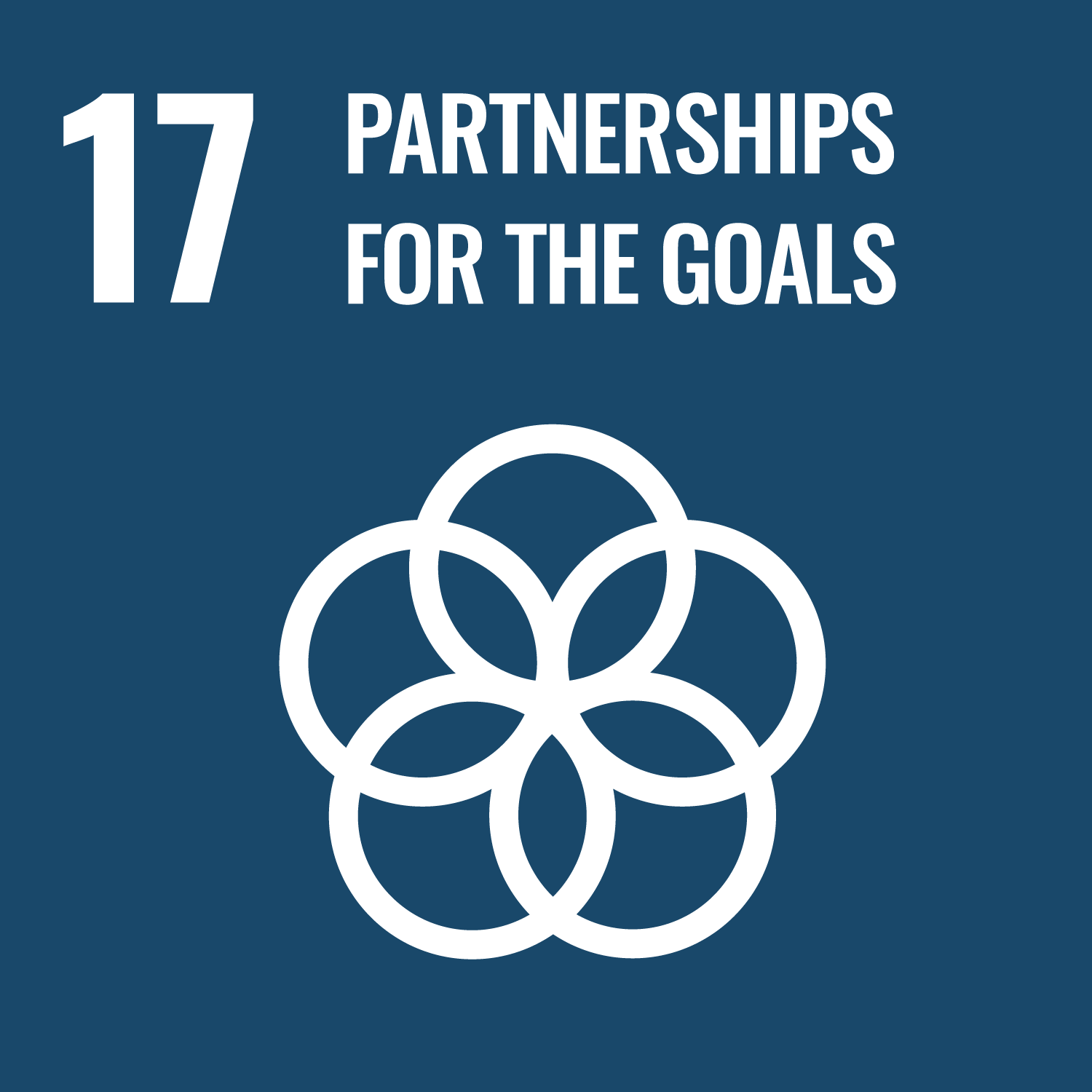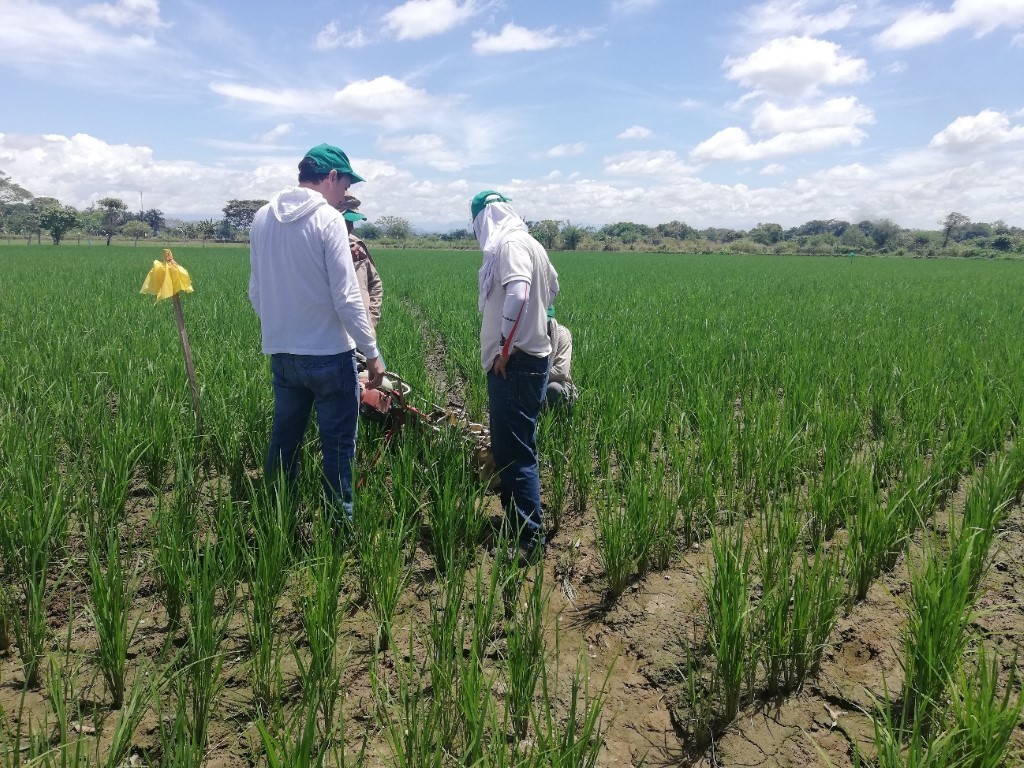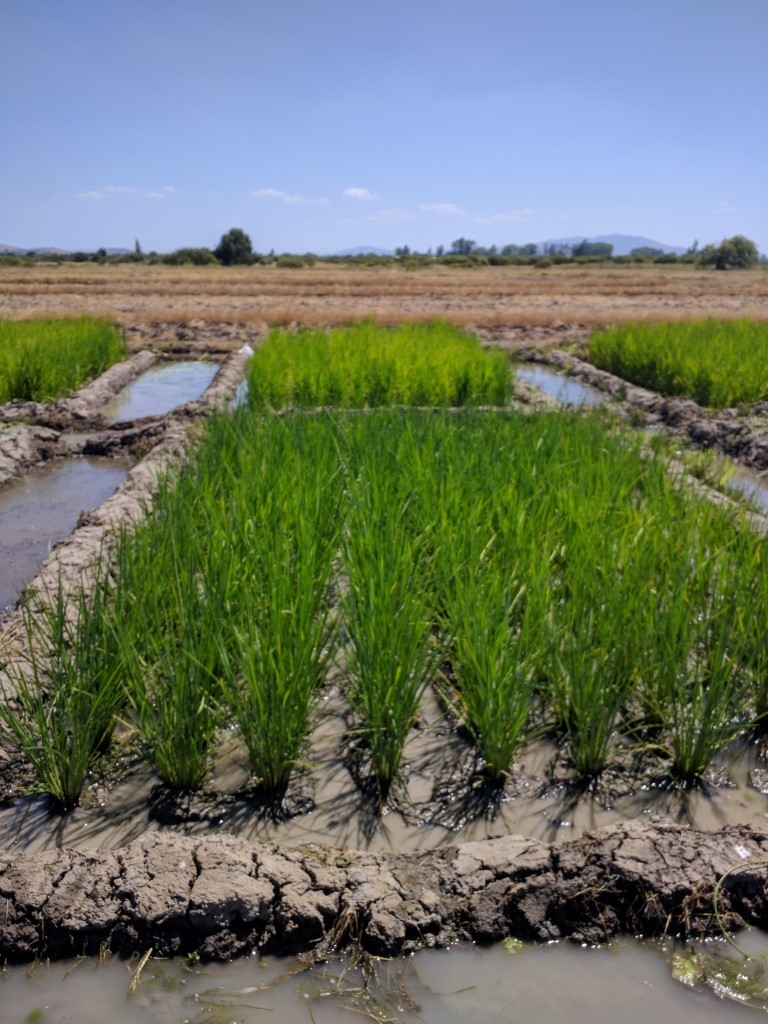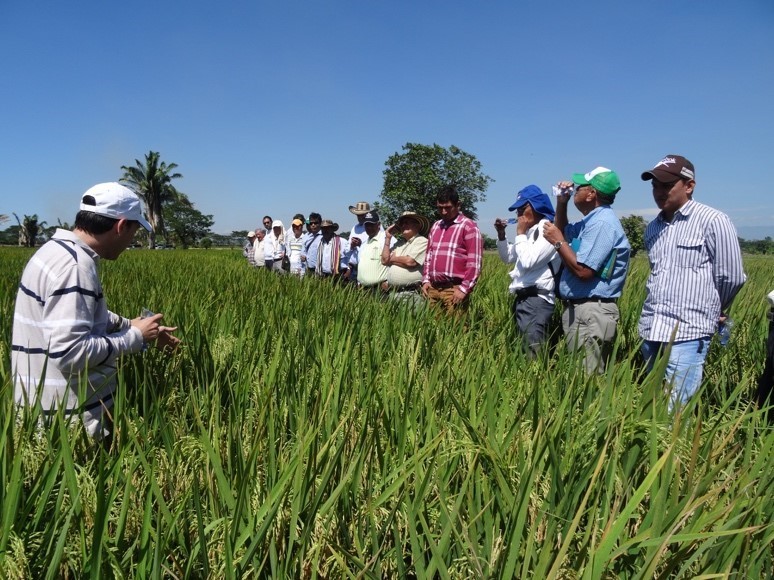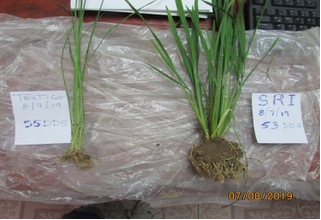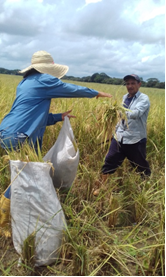The System of Rice Intensification (SRI) is a transformative approach to address pressing challenges in Latin America and the Caribbean related to conventional rice production. These challenges include low productivity, excessive input usage (seeds, water, agrochemicals), and susceptibility to climate change. SRI offers an integrated solution by altering plant, soil, water, and nutrient management to boost productivity and resilience while curbing greenhouse gas emissions.
SRI taps into local-level system innovations to enhance the livelihoods of rice producers and make them less susceptible to the impacts of climate change. Between 2015 and 2019, the Inter-American Institute for Cooperation on Agriculture (IICA) and partners like the National Rice Growers’ Association FEDEARROZ (Colombia), the Institute of Agricultural Research (Chile), Nestlé, DANAC Foundation (the Bolivarian Republic of Venezuela), the Ministry of Agriculture, and the Agricultural Research Institute (Panama) promoted SRI throughout the Americas. Their approach involved demonstrating SRI principles in the fields of producers and adapting practices to local conditions. Capacity-building sessions were conducted for researchers, agricultural technicians, and advisory service providers at various locations to test variables that make SRI a local innovation, such as seed variety, plant spacing, and machinery usage. Furthermore, the project fostered connections among stakeholders and institutions through the SRI Network of the Americas, which links to regional and global networks established by the SRI International Network and Resources Center at Cornell University.
SRI’s agroecological methodology hinges on four unchanging principles: early establishment of healthy plants, reduced competition among plants, improved soil fertility and biota through organic matter addition, and efficient water management involving intermittent irrigation to avoid water stress and promote aerobic conditions in non-flooded soils. These principles serve as the foundation for SRI, and while they remain consistent, the practices to implement them can be tailored to local needs and conditions.
Mechanizing SRI in a way that aligns with its principles has been a key challenge in a region where labor costs are high and labor is scarce. To overcome this challenge, the project imported small machinery from Asia and, with the assistance of farmers and technicians, adapted it to local conditions to support transplanting, weeding, and soil aeration.
Unlike most modern agricultural technologies, SRI isn’t reliant on material inputs but revolves around sociocultural shifts in crop management, knowledge intensification, and a new mindset for this low-input system. Collaboration between farmers, technicians, and the scientific community is essential to identify and refine the practices that yield optimal results.
The sustainability of SRI is upheld through continuous training for producers, supported by IICA and various partner organizations. Multiple training sessions, bilateral exchanges, farmer field days, and other events have showcased the advantages and outcomes of SRI. Webinars and technical manuals have been instrumental in strengthening the knowledge and skills of over 3,000 technicians, producers, and students.
Farmers adopting SRI have realized remarkable benefits, including up to a 40% increase in yields, a 60% boost in profitability, savings of up to 90% in seed usage, a 40% reduction in water consumption, and diminished agrochemical use. SRI has also demonstrated additional merits such as increased resistance to lodging during severe storms, improved drought resilience due to extensive root systems, and lower concentrations of heavy metals in plants and grains. Furthermore, biofortified rice varieties can be incorporated into SRI to address nutritional concerns.
SRI practices are designed for broad application in rice and other crop systems and are being adopted in over 60 countries worldwide. The methodology’s primary mode of transfer, through practical implementation and knowledge exchange among producers, ensures its continuous replication. While this may result in gradual progress, IICA and its partners are dedicated to supporting this ongoing process.


